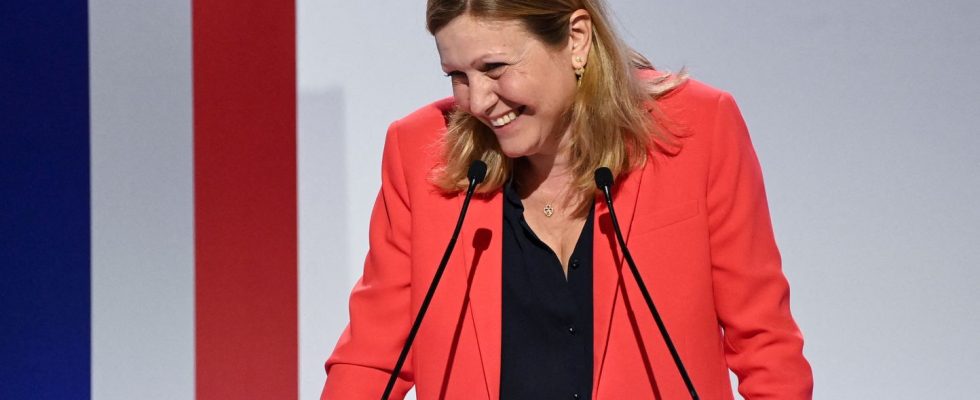A number that haunts Macronie. The public accounts deficit for the year 2023, revealed by INSEE this Tuesday, risks exceeding the government’s objective. Faced with this slippage, the majority are looking for ways to generate new revenue. And the idea – repeatedly rejected – of a taxation of “superprofits” is now mentioned, in particular by the president of the National Assembly, Yaël Braun-Pivet, or by the boss of the MoDem, François Bayrou, again this Monday. What are we talking about and why does this annoy Bruno Le Maire? We take stock.
Why is this coming up in the debate?
France’s deficit could well soar in 2023 to around 5.6% of GDP, far from the 4.9% anticipated by the government. To respond to this, the government has already announced a budgetary tightening with 10 billion savings in 2024. It also plans to make “at least” 20 billion additional in 2025.
“These results are worrying,” recognizes Olga Givernet, MP and spokesperson for the Renaissance group. We must not deny the spending made in the context of the crises we are experiencing, but we must now find ways to reduce this deficit, in particular by reducing spending,” she assures. But tightening the purse strings may well prove insufficient. To increase state revenue without wanting to increase taxes on all French people, Yaël Braun-Pivet and François Bayrou therefore put this idea of a tax on “superprofits” back on the table.
What is a tax on super profits?
This type of measure has long been supported by the left, and by certain members of the presidential camp during the examination of the last two budgets. “At a time when everyone is going to have to tighten their belts, the idea is to have a one-off tax on super-dividends or super-profits. We are talking here about record profits made by the very large CAC40 groups,” assures Stella Dupont, Renaissance MP for Maine-et-Loire.
“When things were not going well with the Covid or energy crises, companies asked for support from the State. Maybe some can now return the favor,” adds Philippe Latombe, his colleague from MoDem. “We are talking about a handful of companies whose profits have experienced strong growth. It’s not the end of capitalism, it’s simply a measure of social justice,” smiles the elected official from Vendée.
Several avenues are mentioned in the social wing of the majority: increase in the flat-tax (tax on capital income), exceptional contribution on the buyback of shares or taxation on dividends. “We must be able to launch these discussions without taboo. When we see what some CAC40 bosses receive, is it fair? », asks Aude Luquet, MoDem deputy for Seine-et-Marne.
What did the government respond?
At the end of last week, Bruno Le Maire was inflexible, repeating that the government would not increase taxes, even in a targeted and temporary manner. A mantra of the Macronists since 2017. “Rather than taxing profits, we prefer that companies continue to play their part by creating value through employment,” explains Olga Givernet. “But we will be vigilant and we will take stock of progress in the coming months. It would be unwise to have record profits if the objectives are not achieved…”
The intransigence of the Ministry of Economy and Finance does not discourage Stella Dupont: “We also took a volley of green wood when it was proposed to tax large groups energy, but ultimately the decision was imposed at European level “, she says, evoking the exceptional tax targeting electricity producers.
A buried track, really?
The debate around such a tax on superprofits risks re-emerging during the amending budget, planned for the coming months. This measure is in any case largely in the majority of opinion (66%), according to the Viavoice institute For Liberationn this Sunday. And even among supporters of Emmanuel Macron (72%). “There are expectations, and Bruno Le Maire closed the door a little too quickly, but the idea is gaining ground among the majority,” assures Aude Luquet.
“If we got discouraged every time Bercy told us no, we would do nothing,” quips Philippe Latombe. “The French would not understand that the State makes savings on long-term illnesses or unemployment compensation without participation from companies that can.” Last February, TotalEnergies announced that it had recorded a record net profit of $21.4 billion in 2023.

